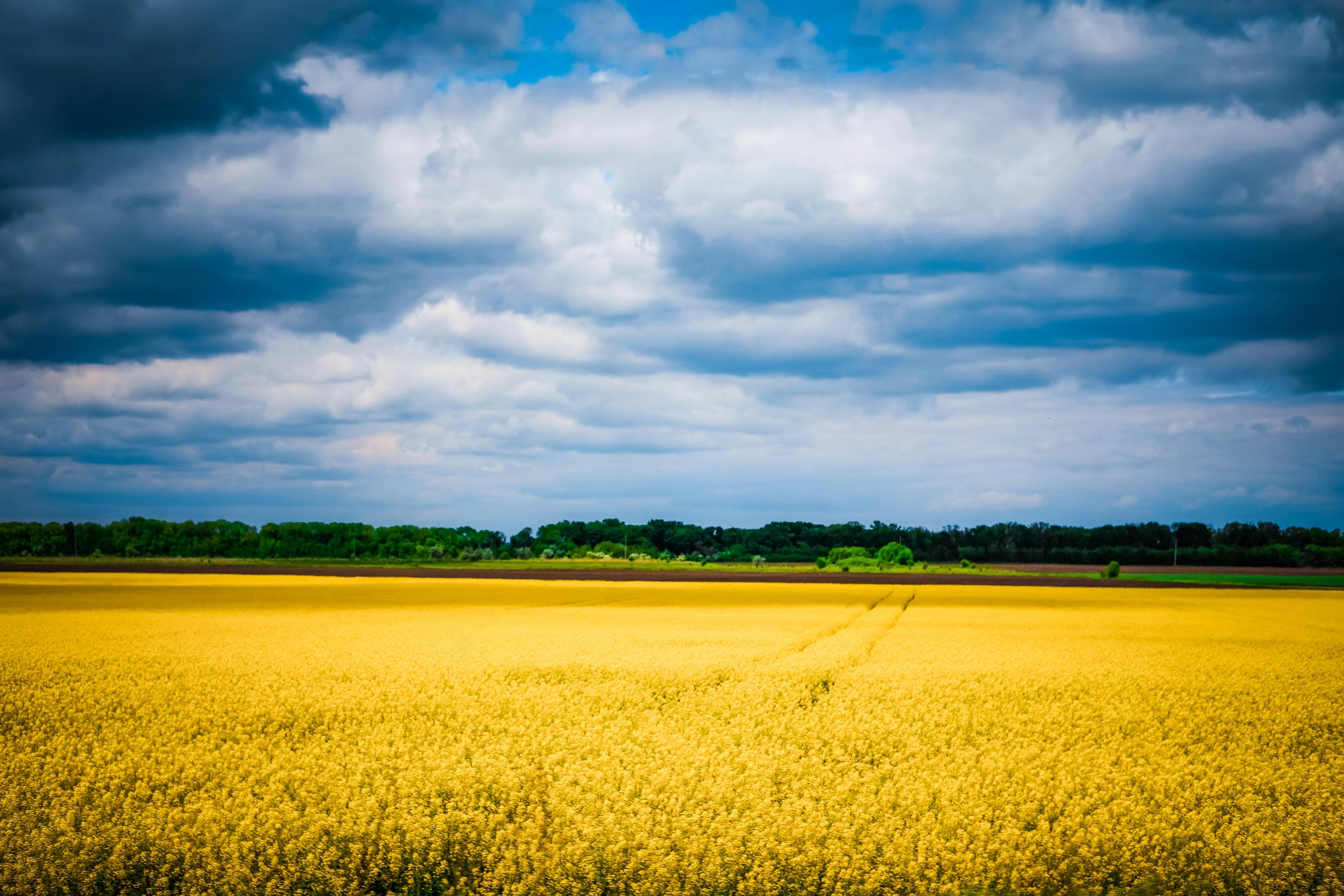What the Situation of Ukraine is Teaching Us About Global Leadership
Featured
Share online

Russia’s atrocious and illegal invasion of Ukraine has already razed cities, devastated the country’s economy, and killed hundreds of civilians. Food security in and outside Ukraine is and will be gravely impacted. The possibility of escalation of war beyond may not be that far removed. We highlight four critical global leadership lessons the situation of Ukraine is teaching the world.
1. The world has no global leadership entity
The world has no global leadership entity fully invested with the governing and executive power to ensure peace, protection of sovereignty, or dignity of human life. Moreover, the multiple systems of governance represented have different and sometimes conflicting perspectives on these issues. The United Nations Security Council with Russia and China as two of the five permanent member states will not intervene in this crisis. The five members more often than not have competing interests; the U.S. has vetoed previous decisions for humanitarian intervention. Despite Ukraine contributing towards NATO missions, the country is outside the western alliance; therefore, it is not protected by the treaty.
That the world has no global leadership entity should not be a surprise to many and is arguably not necessarily a bad thing. Ideally this may secure checks and balances among many global and regional governance structures.
Global leadership rests on us, individually and collectively. Because macro-level system checks and balances reflect the human condition, we might reflect on who we are as part of the problem and solution. Are we developing ourselves to be in alignment with higher principles, such as peace, care, and dignity of human or other life?
2. Resilience and refusal are critical capacities needed for these times
Resilience includes pulling strength from reserves and sources in the face of adversity, trauma, tragedy, or threats, often with one another. In 2014, Ukranians poured into the streets standing in solidarity for freedom and democracy. In fact, the greater the repression of the people, the greater the resilience displayed through refusal. Refusal is saying ‘no’ to the status quo or a situation by taking action in often multiple and creative ways and persevering with hope for a bettered situation. The world is counting refugees fleeing for safety from Russia’s violence.
And, the opposite direction of movement is also true. Further, together with men, women are seen taking up arms, and learning how to use them to protect themselves and their families from their homes and from the front lines.
We see what resilience and refusal truly mean in practice as the Ukrainian people stand strong, resilient, willful, and hopeful. Recognizing our global leadership, how can we take this learning forward to stand strong in our refusals, individually and collectively?
3. Solidarity is influenced by intersectionality
As refugees are moving into neighboring EU countries, acts of solidarity abound. From the creation of ad-hoc volunteering organizations that help the refugees, to changing the policies around migration - offering an automatic three-year sojourn card and lifting the need to apply for refugee status for Ukrainians - the response is overwhelmingly positive and for many surprising.
However, war also amplifies bias, marginalization, and discrimination. For example, incidence of differential treatment for refugees have been reported at the borders, particularly on non-Ukrainian students from the Global South also fleeing the war. Further, already in Berlin there were reports of persons trying to take advantage of the fragility of young women refugees, leading to police warning of the emergence of human trafficking.
Thinking retrospectively about the refugee crisis beginning in 2011 from Syria, we can see a stark difference in response from the world. Solidarity is influenced by affinity, affinity bias is persistent, and must be acknowledged.
Thinking reflexively, while this act of war was started by the Russian government, many Russians themselves have little or nothing to do with it, and some are themselves in harm’s way, both domestically when they protest the war, and outside Russia as biased views generate acts of aggression against them. Such individuals may also need help.
As global leaders, we need to discern between the equal offering of help to anyone in need and the kind of help that each one needs. The kind of help offered must be carefully calibrated and varies with the situation of the person, context, and dynamic development.
4. Understanding what we are dealing with includes understanding principles of systems
Considering principles of systems thinking, it may be important to remember that most, if not all systems, have hierarchy. Certain agents of the system are more powerful, more influential, more visible than others. But as Donella Meadows has reminded us, the fundamental purpose of hierarchy is always to assist the originating subsystems to thrive. In human systems, sometimes those in hierarchically superior positions forget this simple focus and subvert hierarchy towards their own ends causing the system to lose balance and sustainability. If Dana were here today, she might remind us to focus on the wellbeing, independence, and responsibilities at all levels of hierarchy.
As global leaders, we can also choose to nurture those sub-systems for a regeneration and expansion of the building blocks towards higher purposes.
Sources
Meadows, D. H. (2008). Thinking in systems: A primer. (D. Wright, Ed.). Chelsea Green Publishing.
Photo by Olga Subach on Unsplash